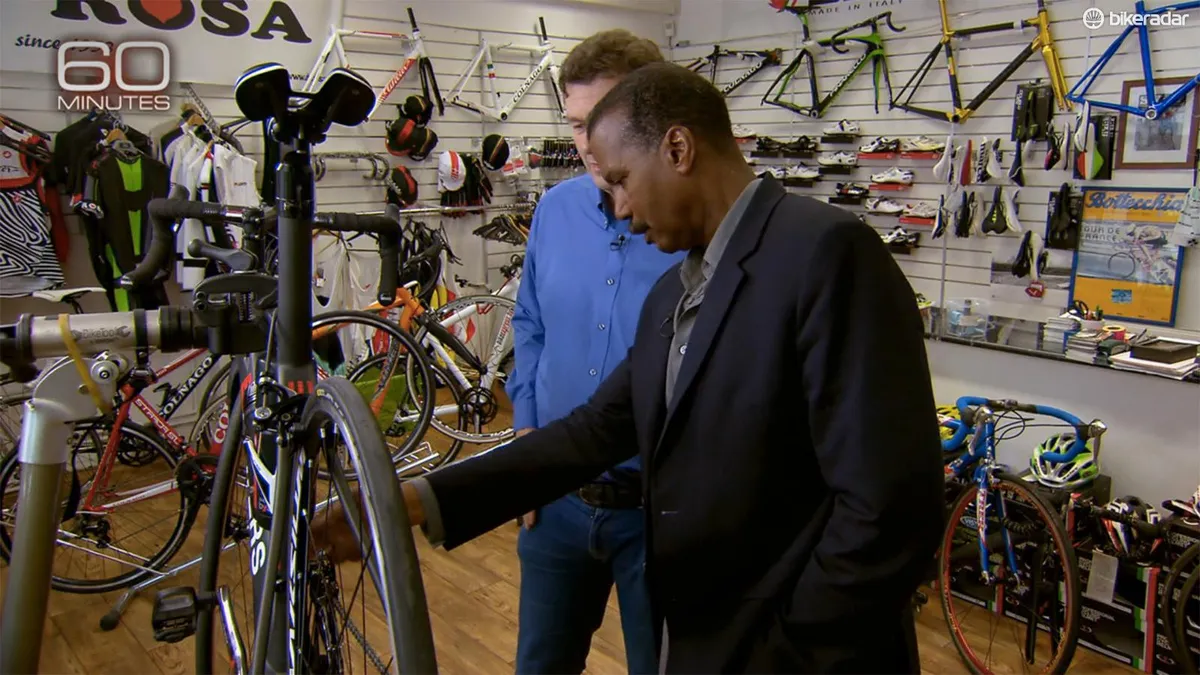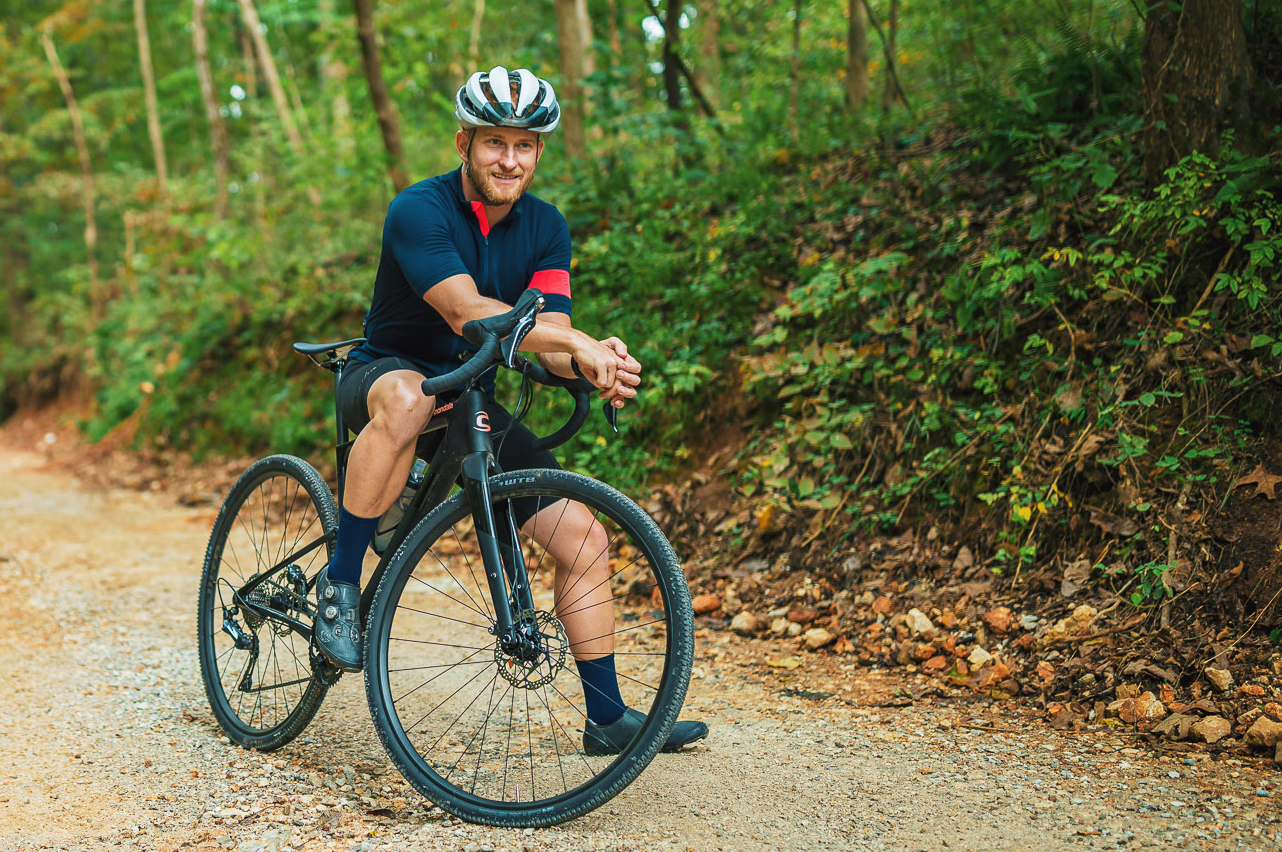On Sunday, the US news program 60 Minutes examined the issue of motorized doping in the pro peloton. Many allegations were made, but very little conclusive evidence of the widespread use of motors in professional cycling was presented. Still, it’s an interesting subject, and one that we’re sure to hear more about in the coming years.
You can watch the video in its entirety on 60 Minutes’ website. Here’s a look at some of the highlights.
- This is how easy it is to detect mechanical doping
- What is mechanical doping?
- Thermal cameras to be used to detect mechanical doping at Tour de France
- Froome’s bike and 5 others checked for hidden motors at Tour de France
The inventor believes the pros are cheating, but it’s not his problem
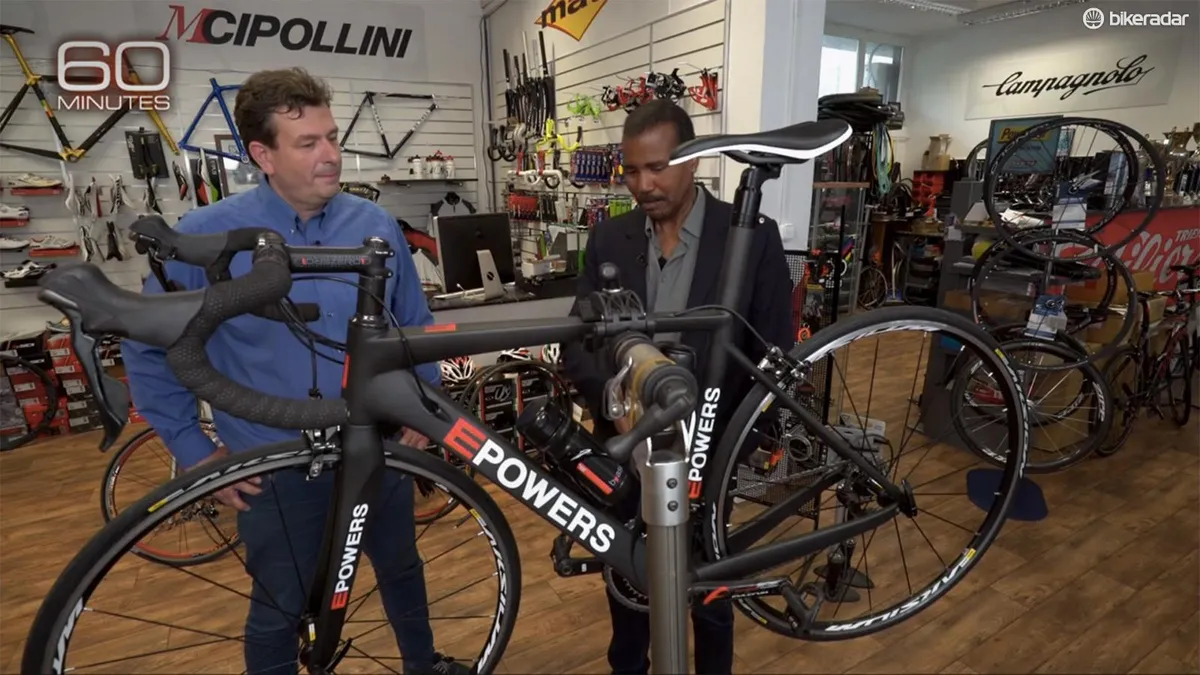
Istvan “Stefano” Varjas is a Hungarian entrepreneur and engineer who developed a pedal-assist motor during the 1990s similar to the Gruber/Vivax Assist system. He is also the owner of Epowers, a company that sells carbon road frames with his motorized kit installed.
The motor is connected to the bicycle’s bottom bracket spindle. The battery can be housed internally in the down tube or seat tube, or externally in a saddlebag or water bottle.
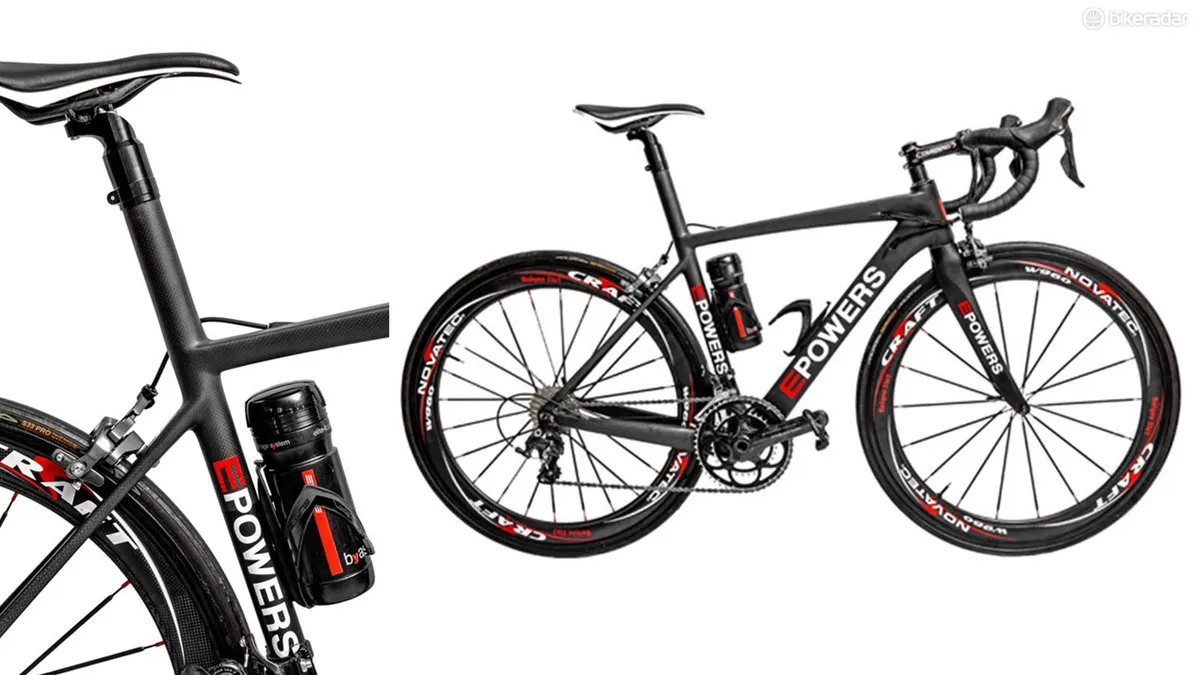
The brushless motor is nearly silent and can be operated manually through a hidden switch. It can also be synced with a heart rate monitor to kick in when the rider’s heart rate reaches a certain threshold.
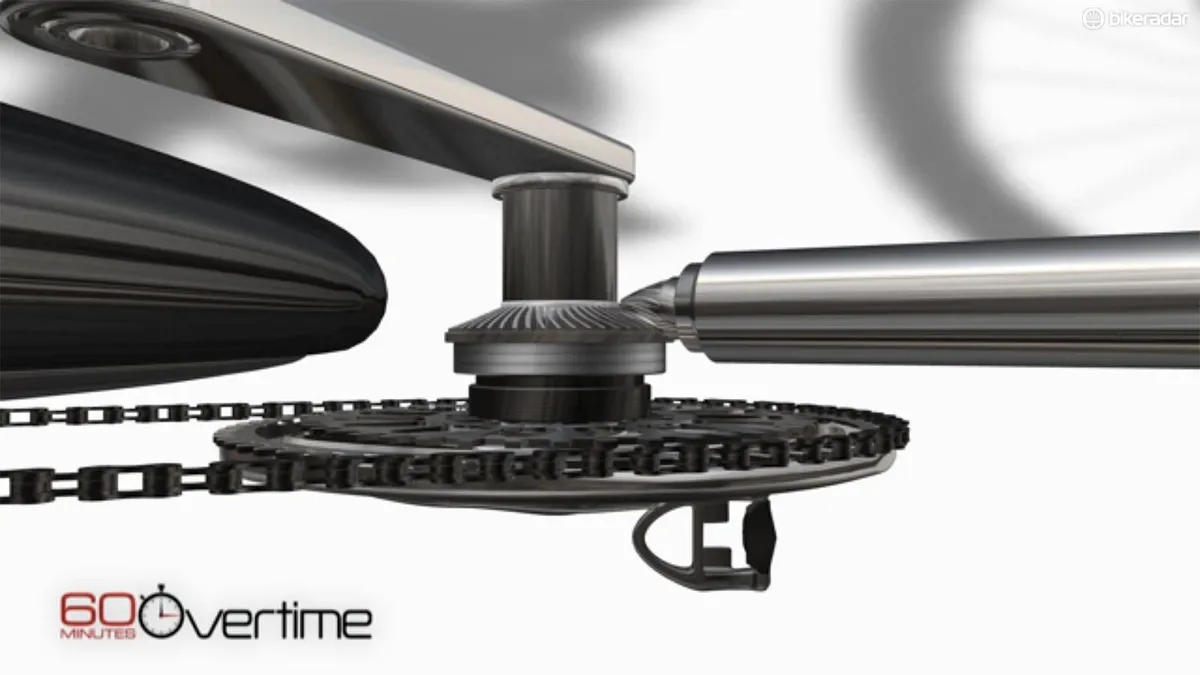
"when asked if he would knowingly sell it to a professional rider whose intention was cheat, Varjas answered that he would, if the price was right"
Varjas believes professional riders are using his technology to gain an unfair advantage, but doesn’t believe he’s to blame. He claims he has never knowingly sold his technology to a professional rider, but acknowledges his motor may have been purchased through intermediaries.
“If a grandfather came to buy a bike and after it’s to go to his grandson who is racing, it’s not my problem,” Varjas said.
Moreover, when asked if he would knowingly sell it to a professional rider whose intention was cheat, Varjas answered that he would, if the price was right.
“If the money is big, why not?”
Does motorized doping date back to the ’90s? Was Armstrong involved?
Varjas claims that a friend acted as an intermediary to sell his technology to an unknown party in 1998. Varjas presented a bank record showing that he was paid two million US dollars during this time. He claims he received this money in exchange for a 10-year agreement not to discuss, develop or sell it his technology to anyone else.
According to the French newspaper Le Monde, this timeline appears to implicate Armstrong and the US Postal team. Armstrong has denied meeting Varjas in person or using a motor to cheat.
Armstrong’s former teammate Tyler Hamilton, who has admitted to using performance-enhancing drugs, denies knowing of the existence of motorized doping during his career.
Hamilton sees the potential and the danger
To demonstrate its potential, CBS purchased a 1999 Trek Madone in US Postal livery from Ebay and asked Varjas to install his motor.
Hamilton took the bike for a test ride and saw how it could give riders an edge.
“I could see how teams are doing it. Yeah. I could,” Hamilton said.
The specter of Ferrari looms
It seems that no doping investigation is complete without a cameo by Dr. Michele Ferrari. Dr. Ferrari played a role in the organized doping programs at several professional teams in the 1990s and early 2000s.
During a car ride with Varjas, 60 Minutes investigators listened to a phone call between Varjas and a man Varjas claimed was Dr. Ferrari.
According to Varjas, Dr. Ferrari has purchased several motorized bicycles in the past three years, a claim which Ferrari denies, though he does admit to testing them.
Motorized doping concerns were raised at the 2015 Tour
Varjas is cooperating with the French police to keep his invention out of the pro peloton. Varjas told the French police that he sold motorized bikes to an unknown party just before the 2015 Tour de France.
During the 2015 Tour, Chris Froome (Team Sky) and five other riders had their bikes inspected for motors after the finish of stage 18 as part of an ongoing effort to crack down on mechanical doping. No motors were found during these inspections.
Wheel-based motors and allegations against Team Sky
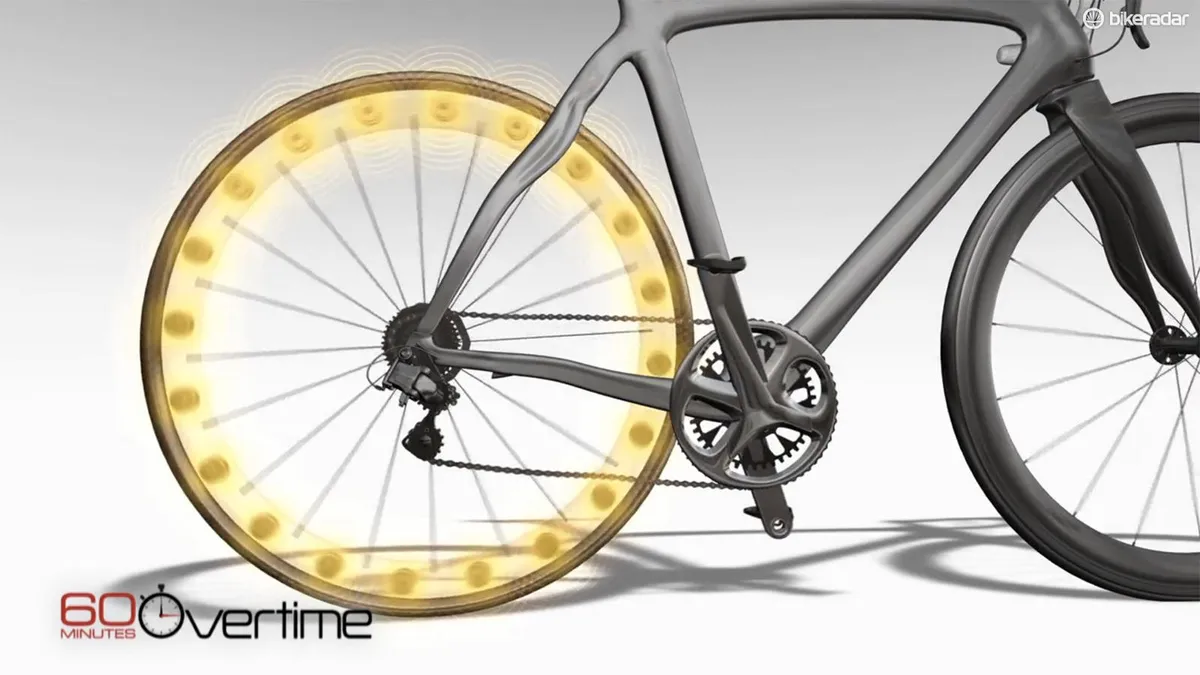
Varjas and others have developed wheel-based, electromagnetic motor systems. These systems are the next frontier in motorized doping.
According to Varjas, the weight penalty for this motor is approximately 800g.
“Weigh the wheels. You’ll find the wheels. The wheels are in the peloton,”Varjas stated.
60 Minutes states that French authorities informed its investigators that weight checks performed before a time trial (team or individual TT was not specified) at the 2015 Tour de France revealed that Team Sky’s bikes exceeded others by approximately 800g.
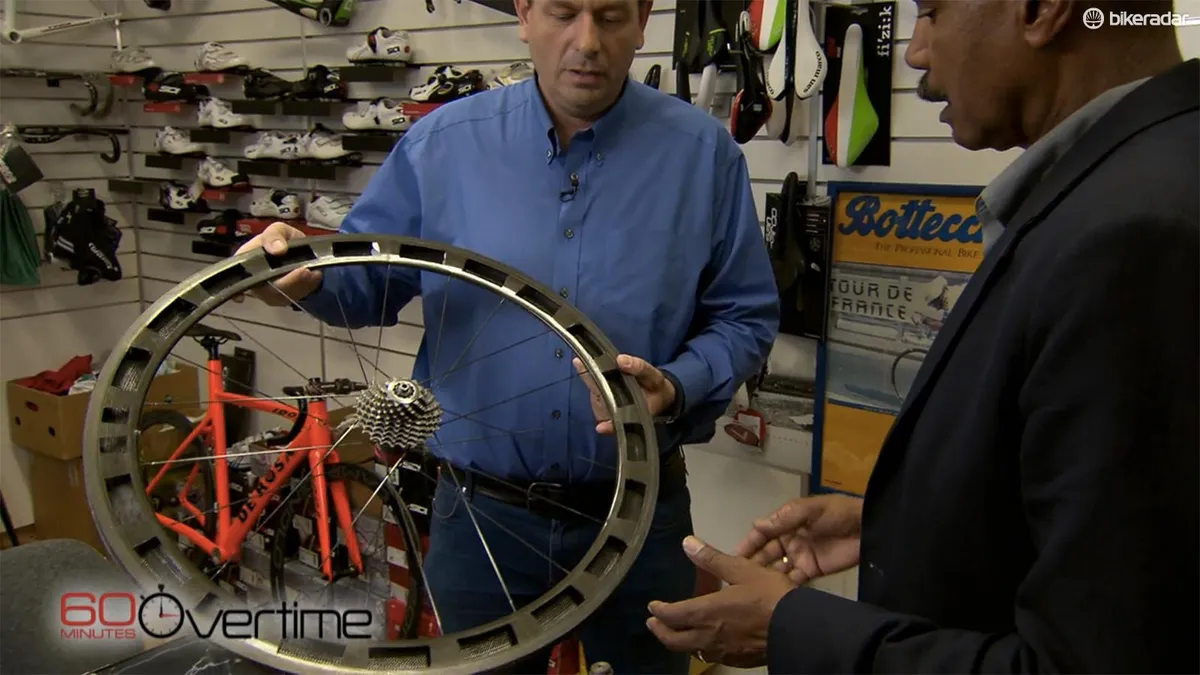
A Team Sky spokesperson stated that the bikes were heavier for aerodynamic reasons, that the team has never used mechanical assistance and that the bikes were checked and cleared by the UCI.
A source told 60 Minutes that, although the bikes were cleared, the UCI did not allow French investigators to remove the rear wheels and weigh them separately.
“Until they figure out how to take the motor out, I won’t trust any victories at the Tour de France"
Not enough being done to solve this problem
Greg LeMond doesn’t think the UCI is being as proactive as it should be to prevent mechanical doping.
The former Tour de France winner and outspoken critic of doping in professional cycling sees this as a problem that is fixable and a serious threat to the credibility of the sport.
“Until they figure out how to take the motor out, I won’t trust any victories at the Tour de France,” LeMond said.
